|
The African continent is often depicted in unfavourable terms when it comes to democracy. But, argues Nic Cheeseman, this stereotype ignores the fact that the continent has some important things to teach the world about the conditions under which democracy can be built. This, at a time when democracy appears to be on the back foot in a range of countries across the world.
Yesterday the UK got a new prime minister - Alexander Boris de Pfeffel Johnson. Academics writing for our sister site in the UK provide some hard-hitting analysis. Matthew Flinders looks at Johnson’s brand as the lovable buffoon, reminding us that underneath the froth, he is often careless with others and not averse to playing fast and loose with the truth. It’s all terribly funny – until it isn’t. Richard Carr explores the vehement opposition he faces among parliamentary colleagues.
Research that uses modelling techniques to understand the health of a population is particularly useful for combating infectious diseases. But this has mostly been done by researchers in Europe and North America who are far away from the places where infectious diseases pose the biggest threat. Juliet Pulliam and Jonathan Dushoff unpack ways of developing this specialist capacity in Africa.
Sub-Saharan African countries experience far fewer natural disasters compared to the rest of the world, but they suffer much more in the aftermath of extreme weather events. Baishali Bakshi explains what drives this and unpacks how countries can mitigate the damage.
|
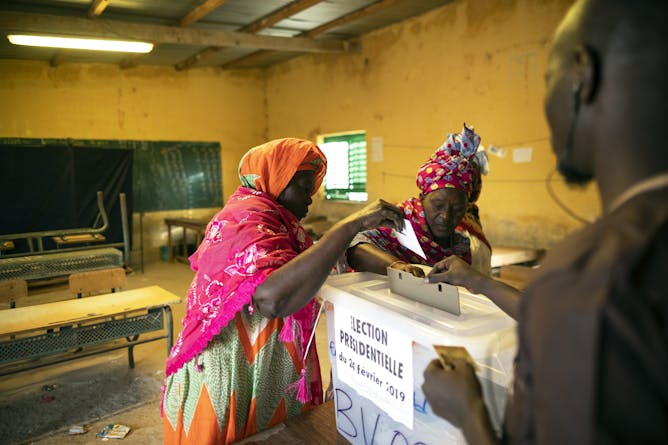
Senegalese women cast their ballots in the presidential elections in February.
EPA-EFE/Nic Bothma
Nic Cheeseman, University of Birmingham
Africa's democracies have grown stronger during a period in which the world is backsliding on democracy.
|
UK's new Prime Minister
|
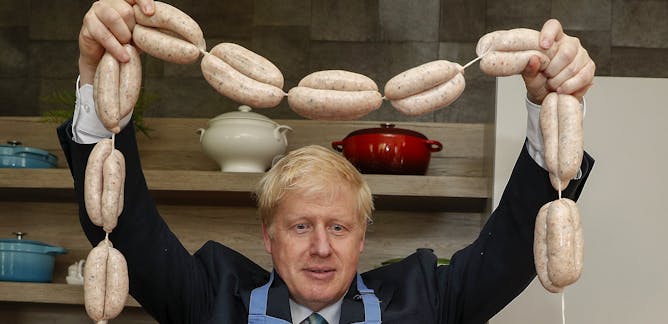
Matthew Flinders, University of Sheffield
Parliamentarians and party members have held their noses and voted in a man deeply unsuited to lead. Now the British public must live with their choice.
| |

Richard Carr, Anglia Ruskin University
We now have 'Believe in Britain' and 'Make America Great Again'. This language posits itself as inclusive, but in reality creates the space for Trumpian excesses.
|
|
|
Health + Medicine
|
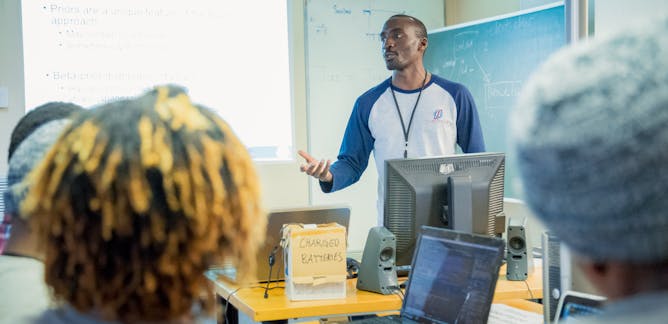
Juliet Pulliam, South African Centre for Epidemiological Modelling & Analysis (SACEMA) ; Jonathan Dushoff, McMaster University
Applied Epidemiological Modelling has enormous potential to improve how decisions are made about public health in African countries.
| |
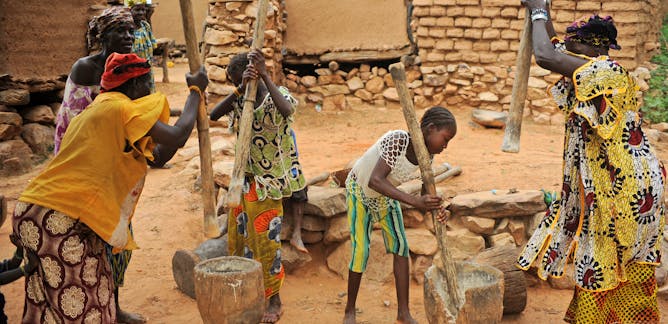
Baishali Bakshi, University of Minnesota
African countries need to take into account the effects environmental changes, like climate change, have on their ability to deal with food security, poverty reduction and lowering mortality rates.
|
|
|
Politics + Society
|
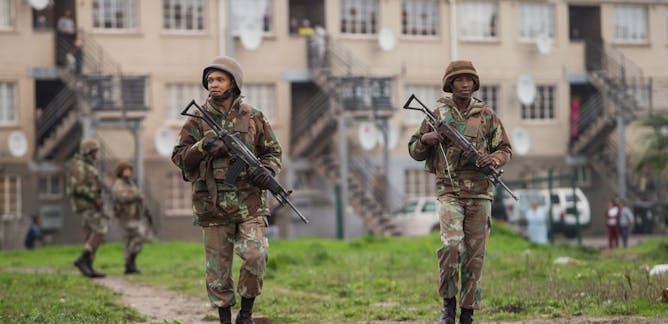
Laetitia Olivier, Stellenbosch University
Successes by the army and police on the Cape Flats will depend entirely on levels of cooperation established on an ad hoc basis.
| |
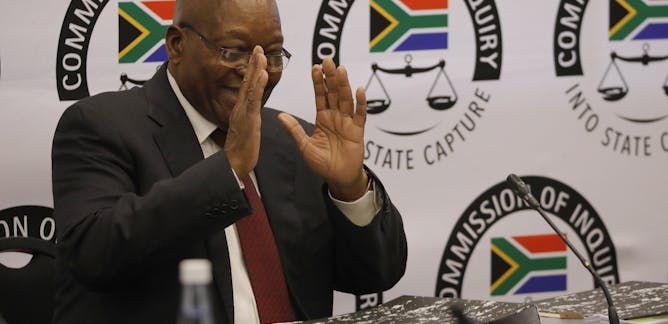
Carla Lever, University of Cape Town
By positioning himself as a loveable granddad to supporters and the punchline of a joke to his opposition, Zuma adroitly defangs the very serious charges against him.
|
|
|